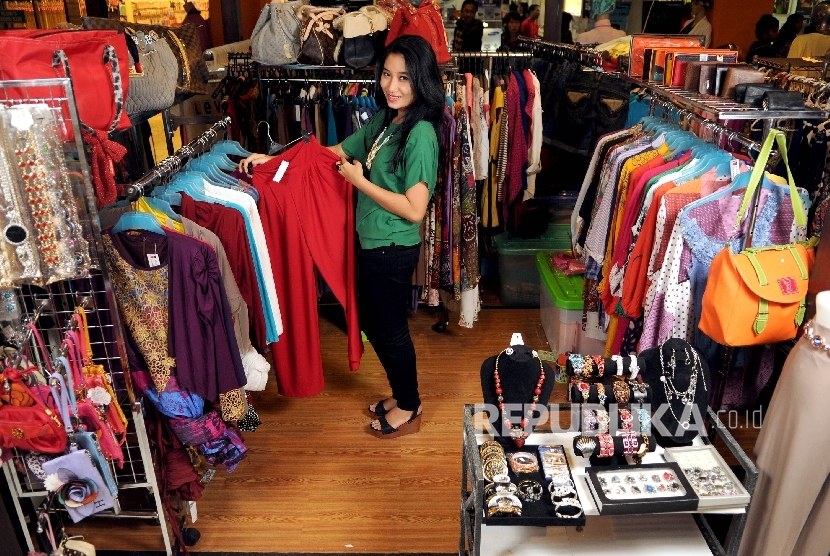REPUBLIKA.CO.ID, JAKARTA –The Government of Canada and the United Nations Development Programme (UNDP) Indonesia agreed to strengthen the role of social finance in funding development actions in Indonesia. In partnership with women led social enterprises, this would contribute to achieve the sustainable development goals (SDGs).
The Government of Canada would provide funding to the social finance to enhance poverty alleviation and gender equality project to be implemented by UNDP. It includes the development of a public private blended finance mechanism, the establishment of a platform to link up social financiers and social enterprises, and in-depth studies on the potential of social finance to support women led/owned enterprises.
“Social finance and social enterprises represent great opportunities for empowering the poorest and most marginalized, especially women, in areas where markets and access to finance are very limited. Canada is delighted to be supporting this project that will spur more innovative ways of achieving the SDGs and reduce poverty in Indonesia,” Canadian Ambassador Peter MacArthur said in a statement made available to Republika.co.id, Friday (March 17).
The overarching goal of this project was to draw more investment into social enterprises. UNDP’s experience in development told Canada Government that when people were empowered through such enterprises, the impact on their quality of life was greater and more sustainable.
Indonesia was the fifth largest economy in Asia and one of the world’s best performing emerging markets, with 5.02 percent growth in 2016. However, economic progress had not led to a reduction in economic inequality. Distributing resources to the poor and disadvantaged, especially women, continued to be a challenge.
In this context, social finance was an emerging force bringing investment to social enterprises—businesses that aim to create social and environmental impacts while making a profit. A 2015 study by Boston Consulting Group identified more than 450 social enterprises in Indonesia, with some 1,400 aspiring to become social enterprises, majority of which are owned by women.
Since women face additional legal barriers in accessing finance, the project would also seek to address their specific barriers to growth.The project was based in Jakarta. It would work in partnership with several social finance partners.


